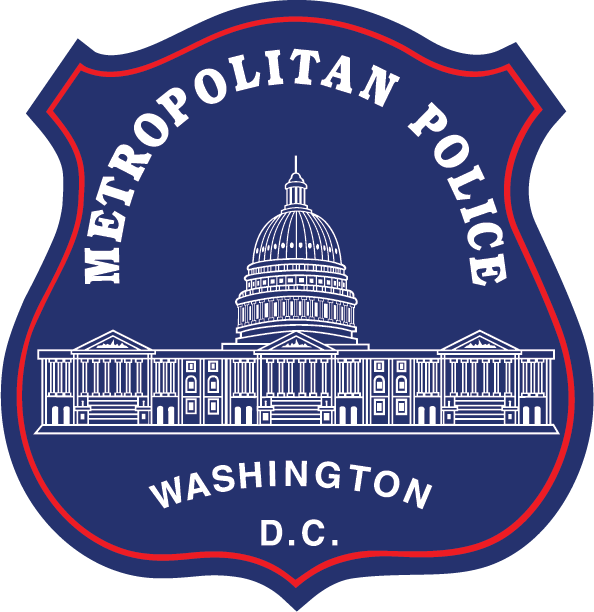(Washington, DC) – Today, Mayor Muriel Bowser announced a new public health plan to equip Metropolitan Police Department (MPD) patrol officers with naloxone, a medicine that counteracts the effects of an opioid overdose. Over 50,000 naloxone kits will be purchased using federal funding awarded to the District Department of Health (DC Health). The agency will also continue to provide naloxone kits to community-based organizations operating in the District.
“We’re very focused on developing solutions to the opioid epidemic that meet the needs of our specific community. This plan takes into account the experiences and advice of our public health and safety experts, and represents our commitment to doing everything we can to save lives and end this epidemic,” said Mayor Bowser. “By working together as a community – across government agencies and with our residents and community partners – we can increase awareness and prevention efforts, enhance treatment offerings, and strengthen our recovery supports. Together, we can end the opioid epidemic in Washington, DC.”
Under Mayor Bowser’s plan, MPD patrol officers will be equipped with naloxone kits by the end of 2019. The rollout of the naloxone kits to MPD patrol officers will begin in the areas hardest hit by opioid overdoses, including downtown DC and locations in Ward 7 and 8 where residents with opioid use disorder congregate. MPD is developing the training requirements for patrol officers to use the naloxone kits. Naloxone is a safe and effective medicine used to treat opioid overdoses. The naloxone kits include two doses of Naloxone nasal spray and will be distributed to MPD patrol officers, community-based organizations, residents with opioid use disorder, and residents who may know people at risk for an opioid overdose.
“MPD is committed to working with our public health partners so we can better serve our communities suffering from the ongoing opioid crisis,” said MPD Chief Peter Newsham.
In 2017, DC experienced 279 deaths related to opioid overdose. Last month, Mayor Bowser and the DC Department of Behavioral Health announced the release of LIVE. LONG. DC., the District’s strategic plan to reduce opioid use and misuse and to reduce opioid-related deaths by 50 percent by 2020. Created by a public-private working group of more than 40 stakeholders, LIVE. LONG. DC. outlines strategies to address the opioid epidemic through prevention, treatment, and recovery supports.
